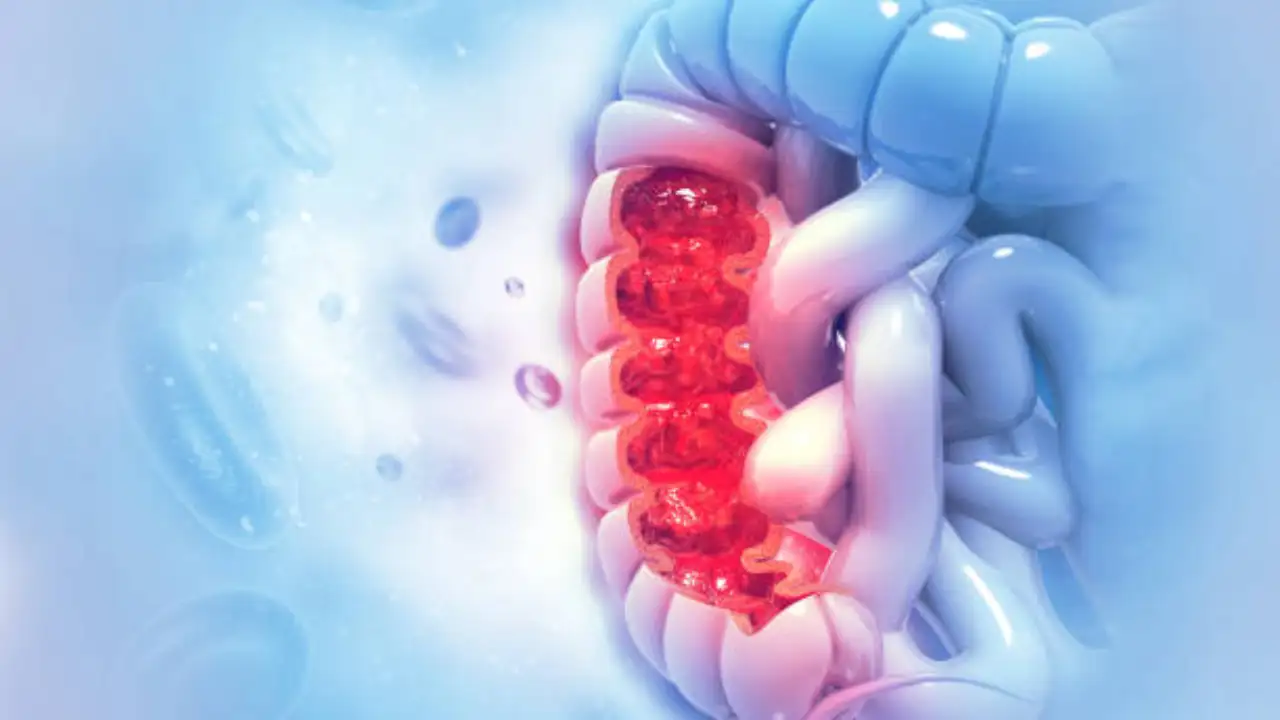
Cancer is seen as an unpredictable disease, but research suggests that lifestyle and diet may have a bigger role in prevention than once believed. Among the many foods studied, walnuts have caught the attention of scientists for their rich combination of bioactive compounds. A growing body of research indicates that eating about five walnuts a day could potentially help reduce the risk of colon cancer, but the way these nuts are eaten matters just as much as the quantity.
What science has actually found and what’s still unknown
Researchers have identified several powerful compounds in walnuts, including omega-3 fatty acids, tocopherols (a form of vitamin E), plant sterols like β-sitosterol, and a polyphenol called pedunculagin. In animal studies, diets containing walnuts slowed the growth of colon, breast, prostate, and kidney cancers by reducing tumour cell proliferation and blocking the formation of new blood vessels that feed tumours.In colon cancer specifically, walnuts appear to work through multiple pathways, rather than relying on a single “magic” ingredient. However, while mouse and cell studies have produced striking results, human trials are still limited. A small pilot clinical trial is underway to see if walnuts can alter cancer-related gene activity in humans, but final results are not yet available.

Why whole walnuts may work better than extracts or supplements
One key finding from the studies is that whole walnuts seem more effective than diets containing just their isolated nutrients. For example, when researchers compared whole walnuts with an equivalent amount of omega-3 fatty acids, the whole nuts had a greater effect in reducing tumours. This suggests that the different compounds in walnuts may work together, amplifying each other’s cancer-preventive properties, a phenomenon known as “food synergy.”In simple terms, eating the actual nut delivers a more complete package of benefits than popping a supplement.
The right way to eat walnuts for maximum benefit
Walnuts should be consumed raw or lightly roasted, without added sugar, salt, or heavy processing. This preserves their delicate omega-3 fats and antioxidant compounds, which can be damaged by excessive heat or chemical treatment.The research indicating benefits for cancer prevention used daily amounts of about 56–60 grams, roughly five whole walnuts. For most people, this is a realistic and sustainable portion to include as part of a varied, plant-rich diet. Pairing walnuts with fresh fruits, leafy greens, and whole grains may further enhance their protective effects, as different foods can complement each other’s bioactive compounds.

Why this isn’t a standalone cure, but a smart addition to the diet
It’s important to remember that walnuts alone cannot “shield” anyone from cancer. The studies so far point to their potential role as part of an overall healthy lifestyle that includes a balanced diet, regular physical activity, and maintaining a healthy weight.The real value lies in the fact that walnuts offer a unique blend of nutrients working through multiple mechanisms. This means they can be a powerful ally in a long-term prevention plan, not as a magic bullet, but as part of a bigger picture of cancer risk reduction.[Disclaimer: The information provided is based on existing scientific studies and ongoing research. Walnuts are not a cure for cancer. They may contribute to cancer risk reduction when included as part of a healthy and balanced diet. Individuals with nut allergies or medical conditions should consult a healthcare professional before making dietary changes.]







